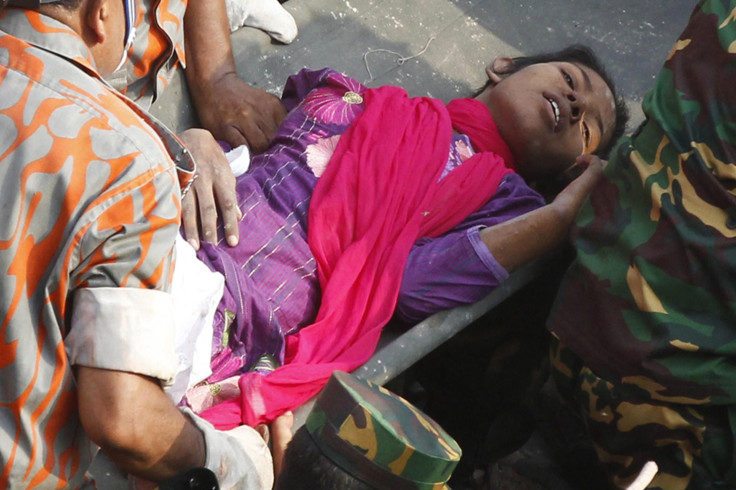Forget The 'Cool Kids' Comments -- Abercrombie (ANF) Just Asserted Itself As A Workers' Rights Defender

Abercrombie & Fitch Co. (NYSE:ANF) has emerged as the second major U.S. retailer to sign a legally-binding agreement to fund efforts to improve factory safety in Bangladesh.
Calvin Klein and Tommy Hilfiger parent PVH Corporation (NYSE:PVH) is the other U.S. signatory. Earlier this week, European retailers Hennes & Mauritz and Zara-maker Inditex (MCE:ITX) endorsed the plan, prompting more than two dozen other companies in Europe to do the same.
Just two weeks after the Rana Plaza factory in Dhaka collapsed, killing more than 1,100 people, Wal-Mart Stores Inc. (NYSE:WMT) and the Gap Inc. (NYSE:GPS) declined to back the accord, citing their own humanitarian projects there. H&M originally rejected the agreement but reversed itself under pressure from advocacy groups.
The initiative, called the Accord on Fire and Building Safety in Bangladesh, was drafted at the urging of numerous global labor advocates. It calls for companies to shell out money for independent factory inspections and any fire and building repairs needed to fix violations. Following the Rana tragedy, most factories have already been surveyed by Bangladeshi authorities and private inspectors, but the accord would create an independent bureau paid for through the agreement.
Depending on how much merchandise is produced in Bangladesh, the agreement requests that each company pledge anywhere from $250,000 to $500,000 of revenues from products made there. Abercrombie has seven factories there, which make about 3 percent of its products, MarketWatch reported.
Abercrombie CEO Mike Jeffries recently came under fire after comments he made in a resurfaced 2006 Salon interview were echoed by Robin Lewis, who co-wrote "The New Rules of Retail" with Michael Dart. Jeffries purposely sought out "cool kids," which he equated with petite girls -- excluding overweight teenage girls by not offering plus-size clothing, Business Insider reported.
© Copyright IBTimes 2024. All rights reserved.












